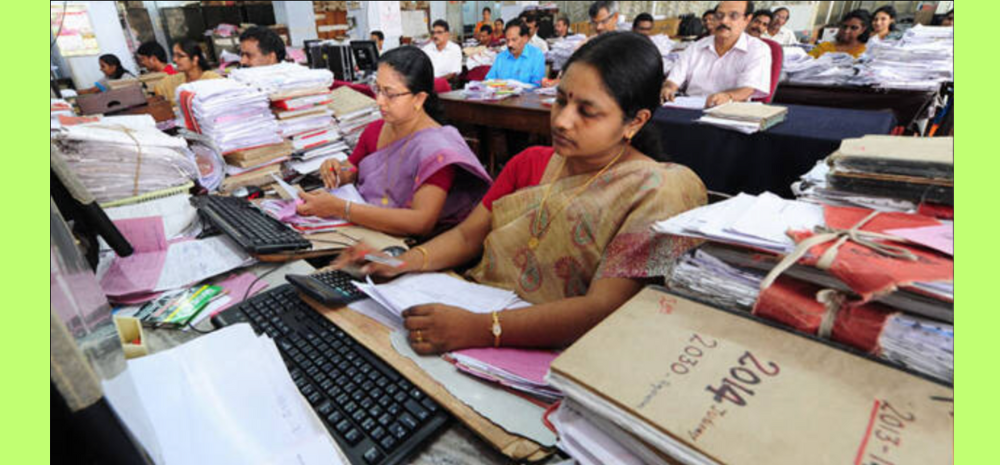India’s Special Campaign 4.0, an ongoing government cleanliness and efficiency drive, continues to yield impressive financial results. By selling outdated or unnecessary items, the campaign generated over Rs 650 crore in October alone, contributing to a total revenue of Rs 2,364 crore since the program’s inception in 2021. Union Minister Dr. Jitendra Singh, speaking on the success, praised the initiative’s impact on the state exchequer, calling it a “significant outcome for economic prudence.”

Nationwide Reach and Growing Impact
The reach of Special Campaign 4.0 is remarkable. The campaign covered over 5.97 lakh sites in 2024, more than doubling from the 2.59 lakh sites included in 2023. This extensive coverage underscores the government’s commitment to sustainable practices and efficient management across its facilities. Prime Minister Narendra Modi lauded the campaign’s success, noting that the coordinated efforts of government employees have promoted both cleanliness and economic efficiency.
Efficient Management and Backlog Clearance
Beyond financial gains, Special Campaign 4.0 has played a critical role in improving workflow within government offices. The campaign emphasizes clearing backlogs in paperwork and streamlining office organization, allowing government departments to operate more smoothly. Many departments have reported clearing up to 100% of their targets, showing the campaign’s success in reducing administrative clutter.
Evaluation and Future Goals
Special Campaign 4.0 will undergo an evaluation beginning on November 14, focusing on identifying the best practices for maintaining clutter-free work environments in the future. The aim is not only to keep the offices clean but also to make sure that government resources are used more effectively. By building on its existing accomplishments, the campaign is poised to set new standards for workspace efficiency and sustainable management in government operations.
A Model of Economic and Environmental Stewardship
Special Campaign 4.0 exemplifies how coordinated, large-scale government initiatives can drive positive economic and environmental change. Through proactive asset management, the government is not only achieving financial returns but also promoting an efficient and sustainable work culture. With further evaluation, this campaign could serve as a blueprint for other nations seeking to enhance operational efficiency through similar programs.











